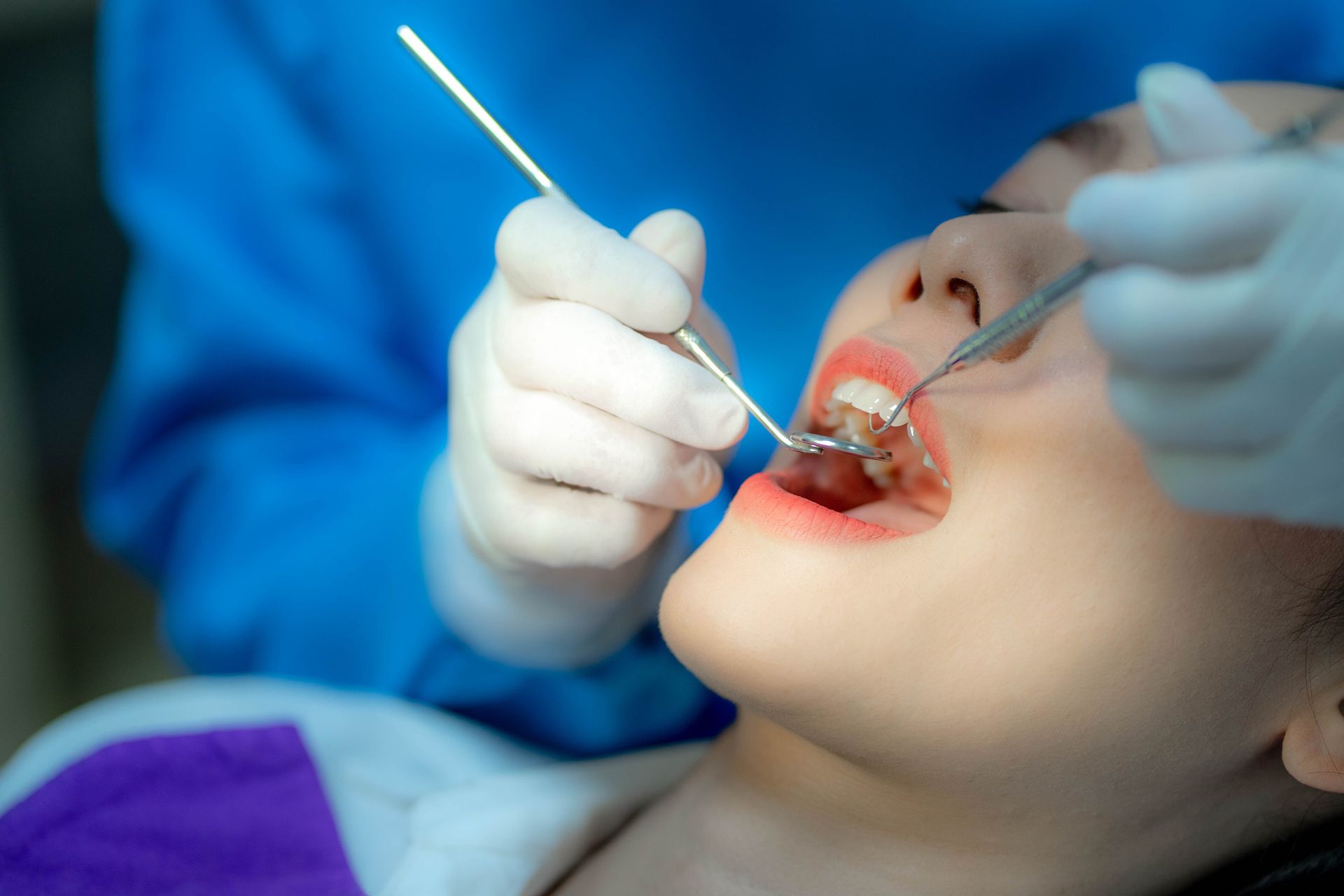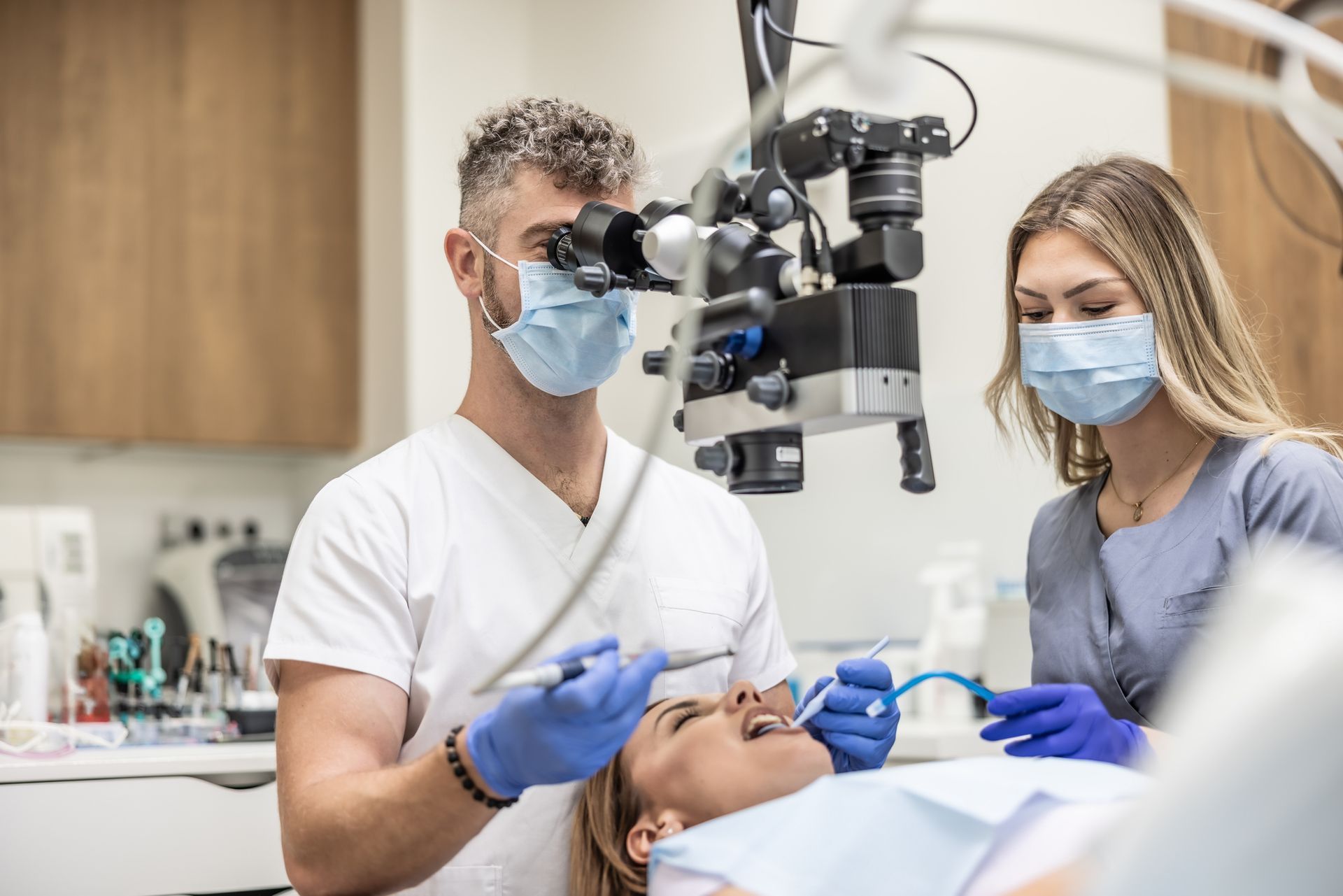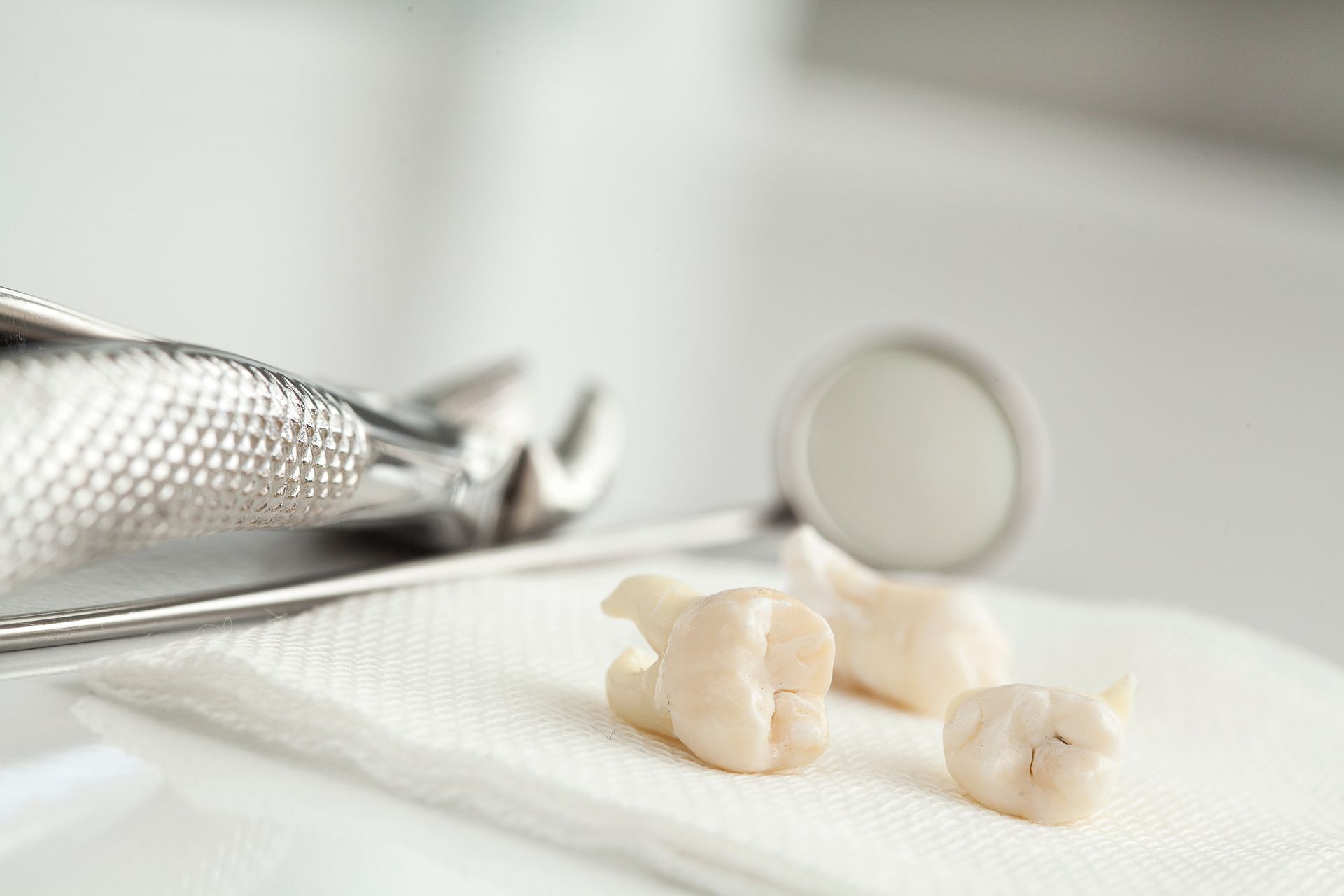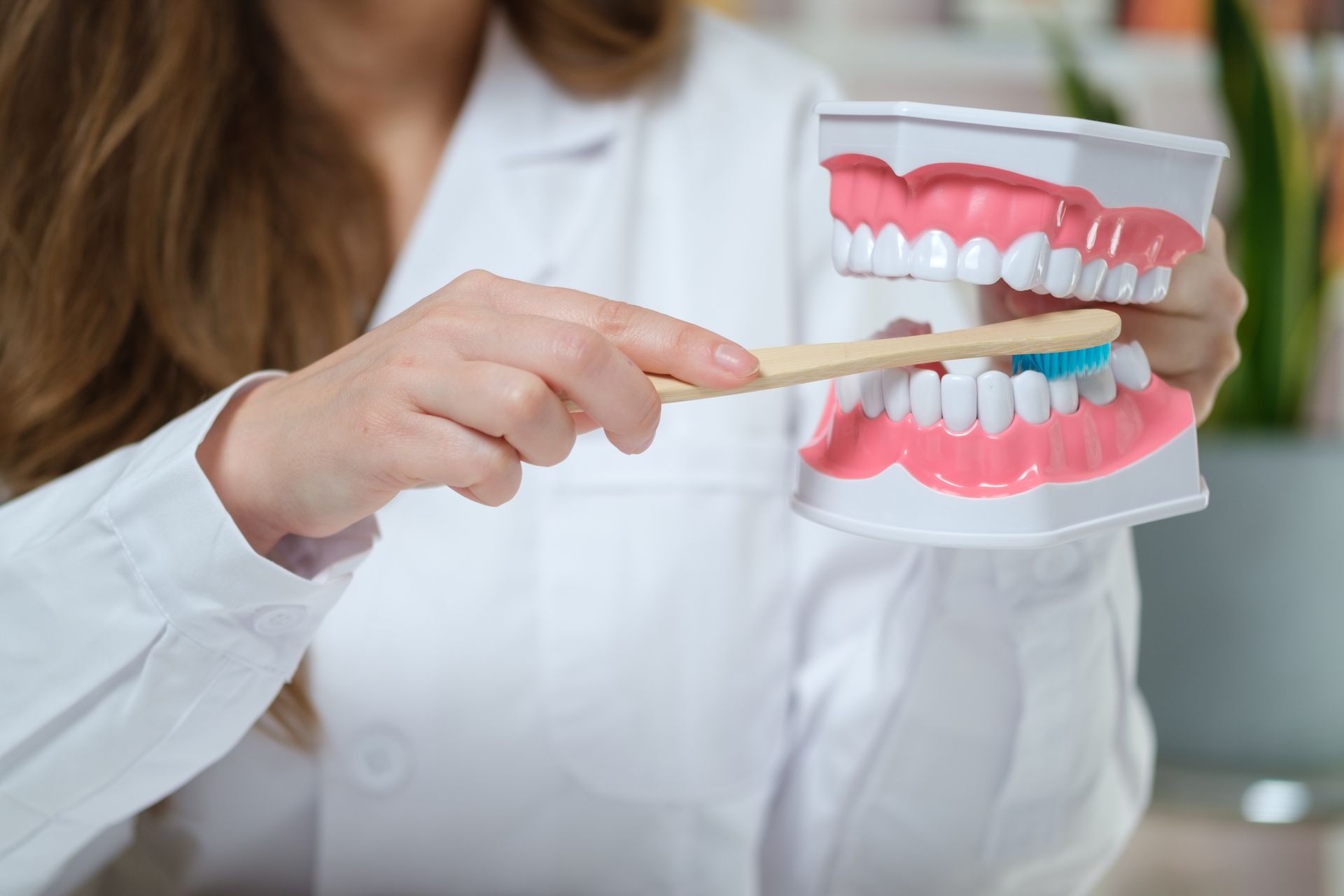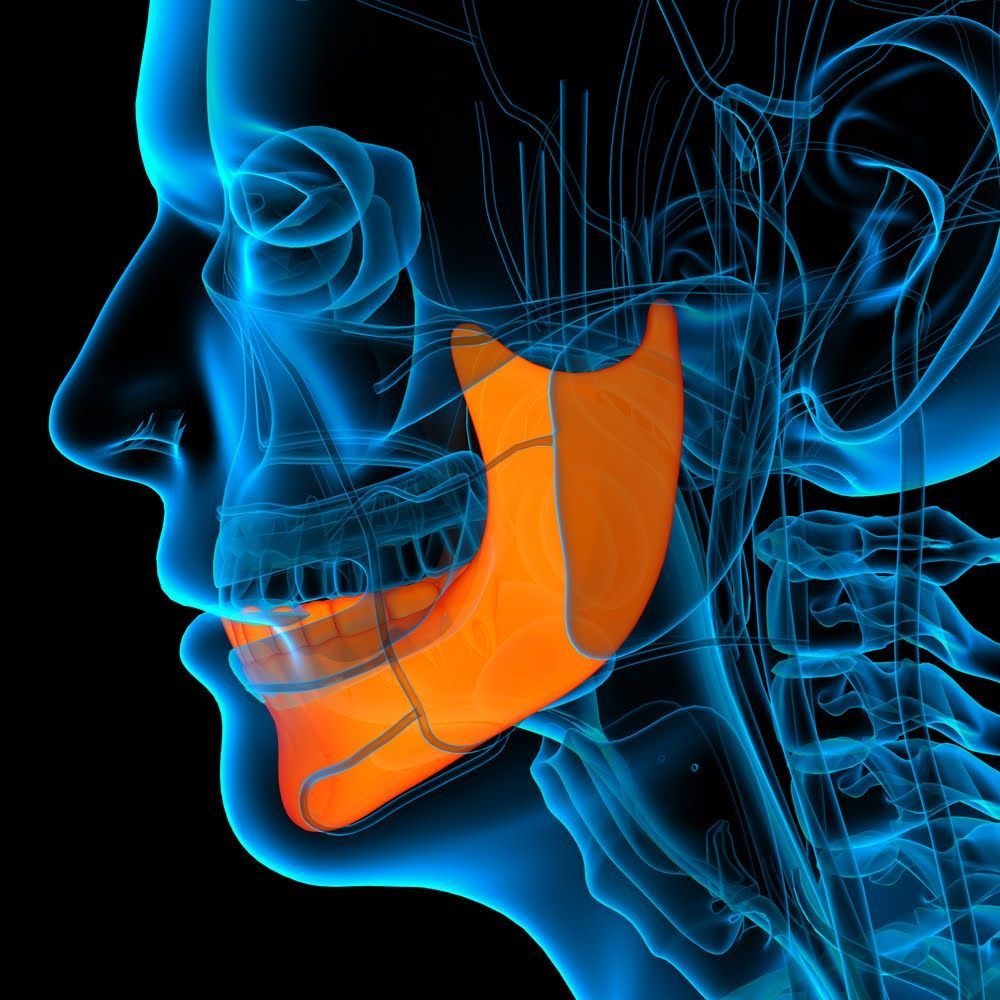The Top Questions About Dental Bone Graft After-Care
Admin • April 14, 2020
The Top Questions About Dental Bone Graft After-Care
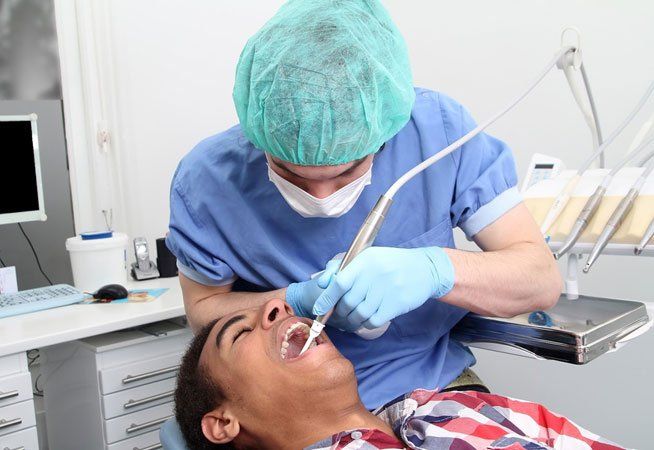
Do you need a dental bone graft? This procedure is used to transplant and regenerate jaw bone growth after trauma, severe infection, extreme periodontal disease, or as a way to correct congenital malformations. If your dentist recommends this oral surgery, take a look at what you need to know about post-op mouth care.
Do Dental Patients Experience Discomfort After a Bone Graft?
Like any surgical procedure, a bone graft can cause pain or discomfort. The amount of discomfort you have depends on several factors, such as the surgery itself, your overall physical health, your ability to heal, and your pain tolerance.
Immediately following the procedure, you may not feel much. This is a result of the anesthetic used for the surgery. After the anesthetic wears off, you will gradually begin to feel discomfort.
Even though you may experience pain post-op, your oral surgeon will take steps to minimize the discomfort. They may prescribe a pain medication or recommend an over-the-counter medication.
If you have mild to moderate pain, the surgeon may suggest you try the over-the-counter option first. But if that doesn't work, or you have more than mild pain, a prescription can take the edge off. Follow the surgeon's pain reliever directions. Never take more medication than needed. Some pain medications may make you groggy. Don't drive, operate machinery, or engage in any other similar task/activity.
Will the Surgery Site Bleed?
Is bleeding a concern for you? Again, like any other surgery, dental bone grafts will cause some bleeding. You can minimize the risks if you follow the surgeon's post-procedure directions. Along with following your oral surgeon's instructions, don't touch the surgical site. If you disturb the wound, you could disrupt the sutures or trigger additional bleeding.
The surgeon will pack the site with gauze. Make sure you know how long the surgeon wants you to keep the gauze in your mouth for (after the surgery). Even though some oozing is normal after the procedure, excessive bleeding could indicate a potential problem. Contact your oral surgeon if the bleeding doesn't stop, increases, or stops and starts later.
Will the Surgery Site Swell?
Like discomfort and bleeding, swelling is a normal after-effect of a dental bone graft surgery. Several areas of the face may swell, such as your mouth, sides of the face, or cheeks. Along with medication (if the dentist recommends its use), ice can help to reduce facial swelling. Ask the oral surgeon how often you should ice the area.
Only ice the exterior of your face. Interior icing can add to discomfort or cut into the surgical site. Wrap the ice pack in a thin cloth or towel for added comfort. It may also help to use 15-minute on and off intervals.
Are There Post-Surgical Diet Restrictions?
The oral surgery site may feel tender or sore for several days post-op. Avoid sharp, hard, or difficult-to-eat foods. The oral surgeon's office may provide you with a list of acceptable foods and beverages. In general, fluids are ideal following surgery. Choose cool (not cold) fluids and stay away from hot drinks, such as coffee or tea.
As the bone graft begins to heal, and your discomfort fades, you may start to introduce new food options. Start with soft, easy-to-chew foods such as yogurt, finely mashed potatoes, or other similarly textured alternatives. Even though you may feel better or have little to no discomfort, avoid chewy foods (such as tough steak) or anything sharp (such as hard candy), until the surgeon gives the go-ahead.
Did your dentist recommend a bone graft surgery? Contact the San Diego Center for Oral & Maxillofacial Surgery for more information on this procedure.


